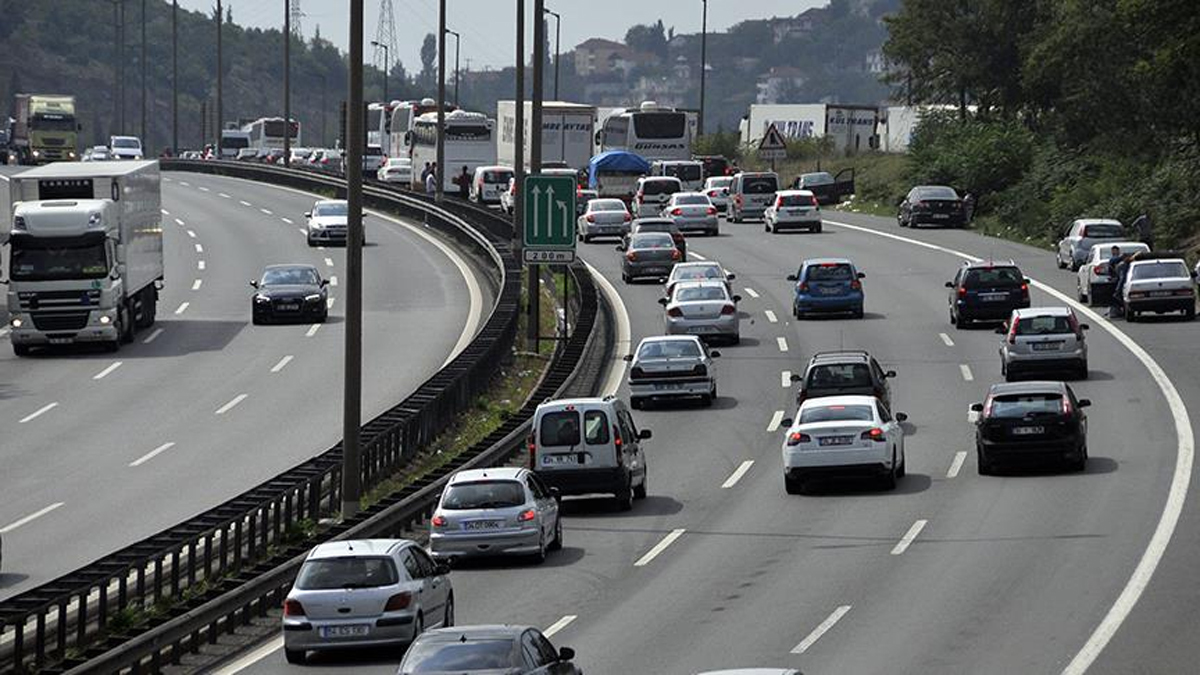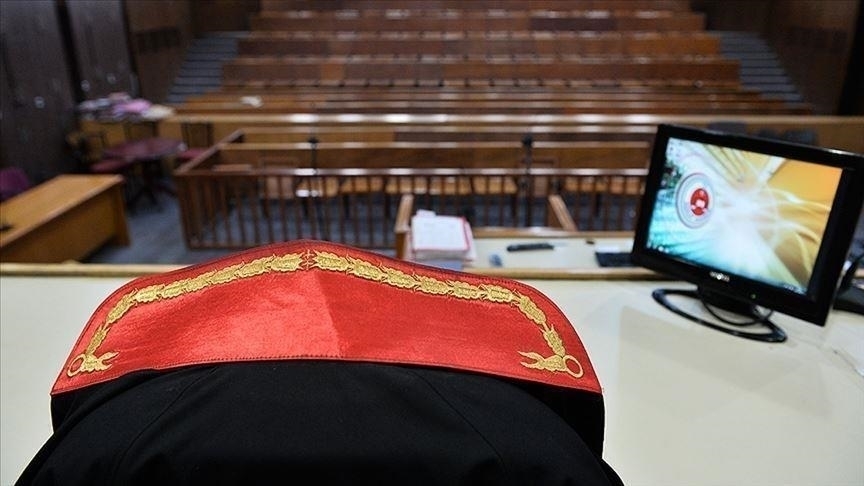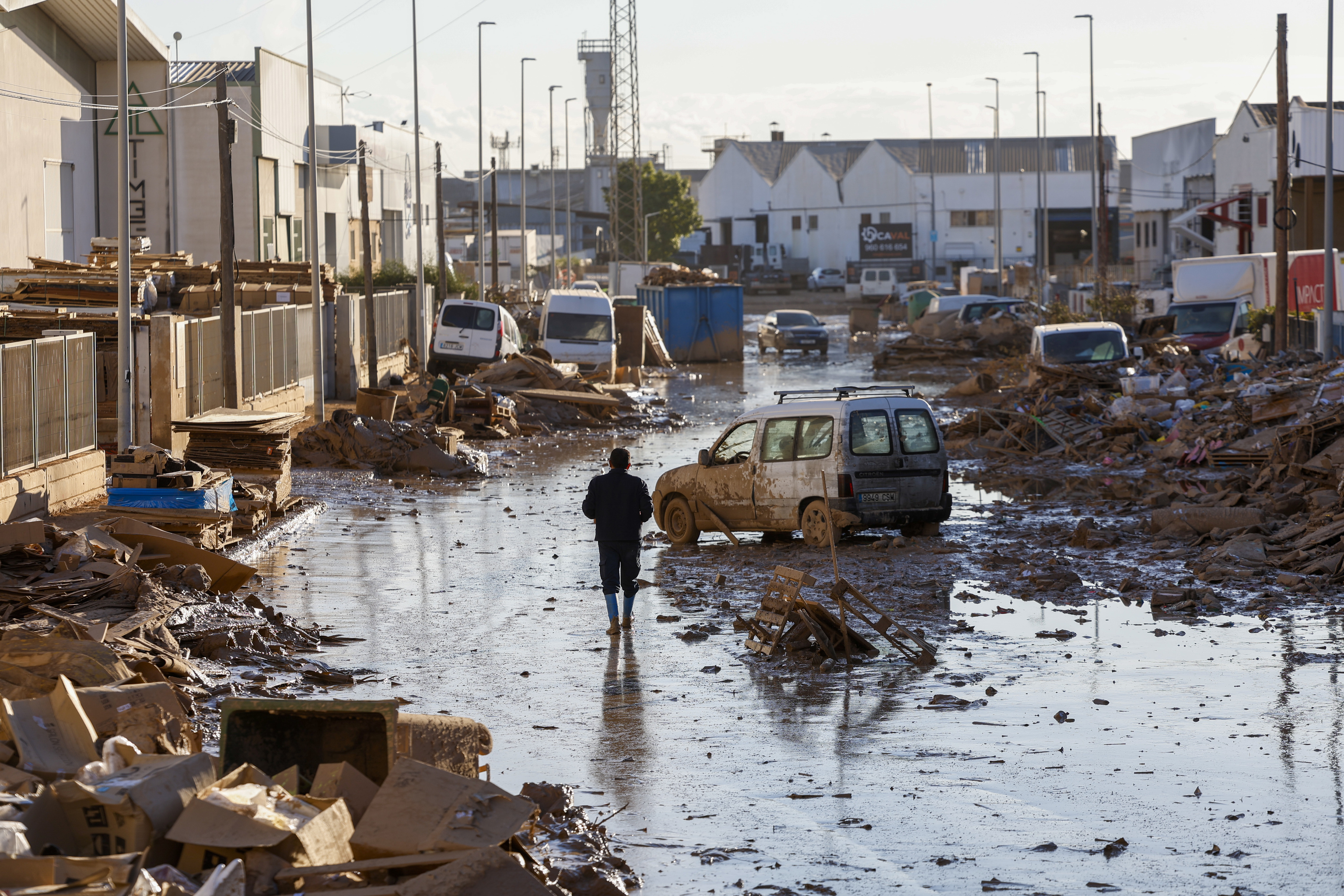A recent group study published by the "Arab Reform Forum" discussed social protection measures implemented by several countries in the Middle East and North Africa (MENA), particularly focusing on Morocco, followed by Lebanon and Jordan, showcasing their respective experiences.
The research highlighted the Moroccan government's recent efforts in establishing a social protection system, emphasizing the potential role of additional tax revenue in funding this initiative. It noted that the "heterogeneous structure of the national economy and the presence of an informal sector complicate progress in this matter."
The study detailed Morocco's approach, beginning with the legislative and legal activation of social protection, moving through its implementation for both formal and informal workers, and culminating in financial aid for lower-income families based on their household circumstances.
In this context, the report stressed the importance of "tax reform and the implementation of property taxes as pivotal to social reform," as targeting real estate assets could create a fairer tax base. It suggested that taxing high-value properties could cover one-sixth of the annual costs for all planned social protection programs in Morocco.
The research indicated that a tax-financed social protection system tends to be more flexible and responsive to economic and demographic changes compared to other financing methods, especially during economic crises. It also referenced the French experience in leveraging property taxes for social security funding as a sustainable source.
Moreover, the document pointed out property taxes as an effective solution to many social issues in the MENA region, noting the acute lack of funding for social protection programs. However, it raised concerns about the willingness to compromise the real estate sector, especially given the economic challenges in agriculture.
The study, titled "Property Taxes: Missed Opportunities for Financing Comprehensive Social Protection in Lebanon, Morocco, and Jordan," emphasized the need for more substantial and stable funding for solidarity programs supporting vulnerable groups, calling for diversified sources to enhance social equity in Morocco's social budget.

















